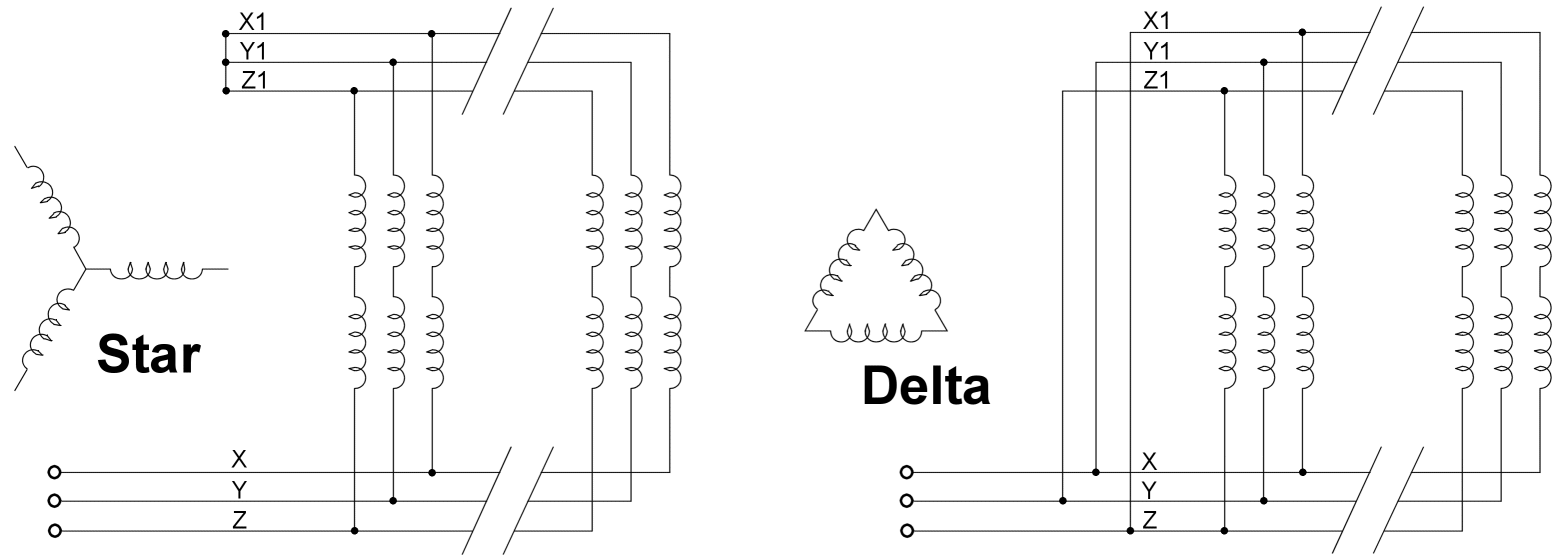Automotive Alternator Wiring Diagram Boat Electronics
Gm Alternator Wire Up Wiring Diagram With Description
Wiring Diagram Chevrolet One Wire Alternator Wiring
Alternator Schematic

Alternator Schematic

Alternator Schematic
Alternator Schematic
One critical item that’s often overlooked in a eletrical plan is the value of the wiring installation and its quality. Put in simple terms, if it does not look good, it possibly is not. And even if it does look normal, there are certain object that must be addressed during the assembly activity to ascertain a quality job that not found problems later on.
Image Result For Alternator Schematic

Image Result For Alternator Schematic

Image Result For Alternator Schematic

Image Result For Alternator Schematic
Image Result For Alternator Schematic
Image Result For Alternator Schematic

Image Result For Alternator Schematic

Image Result For Alternator Schematic
Common Information for Alternator Schematic
In regard that, the circuits that deliver electricity to the diverse areas are referred to as switch circuits. They derive at a service distribution panel, which has one neutral bus bar and two hot bus bars.
Relying on the number of electricity a given circuit needs to convey, it might embed to only two hot bus bars or one hot bus bar and the neutral bus bar. For instance, a circuit that brings 12 volts connects to 1 hot bus bar and the neutral bus bar, while a circuit that brings 24 volts connects to 2 hot bus bars.
The means of attachment is generally called as a circuit breaker or fuse, and it protects the circuit from unexpected jolt in influx. Neutral conductors are all grounded through direct contact with thesoil. Different from the hot bus bars, a neutral bus bar does not have an over-current protection equipment so it can hold zero volts at all times.
Here are some fundamental method for wiring installation that you must to understand:
Why right method matters
If cables are connected to equipments or fixtures haphazardly, the circuit could work for a while. However, the possibility of a short circuit getting bigger, Cause danger.
Wiring properly is relatively easy. It takes only an hour or 2 hours to learn how to make connections and extension just as good as those made by expert. Generally using the right technique is easier and quicker than doing something the wrong way. For sample, looping a cable around a terminal screw clockwise keeps it from sliding out from down the screw head when you tighten the bolt.
Take the proper equipments
Before starting wiring activity, gather a main set of tools designed for wiring. If you attempt to peeling wires using a knife instead of stripper, you maybe will nick the cuprum and weaken the wire. Twisting wires together using a set of household slip-joint pliers is hard, and baggy connection might come apart. Lineman's pliers assist you hook up a wires to make professional-quality connections easily.
Safety while working
Electrical job is secure when you still follow the most important safety regulation: Shut off power and check to ensure power is off before you start the project. Review all safety tips before starting any electrical job.
Here are tips you can apply and help you in Alternator Schematic
- Starts With the Appropriate Tools
Before you start any electrical installation, it is important to ensure that you have put the proper equipments and stuff together. Whether you're installing a head unit or any another electronic device. - Protection is everything
No matter how good a wire's insulation is, it does not stand a chance if it's installed poorly. Technicians try hard to tie up cables and protect them from their environment. A some minutes of protecting them can avoid hours of repairing a breakdown system after. - Do not overload switches
Switches do have their limits load. Like the fuses & cables in a system, it can handle just so much current before it collapse. - Terminals aren't only measured by slot or opening size, but also by cable sized. A correctly sized terminal/wire combination, when crimped correctly, will result in a very reliable connection.
- Have a care in selecting your connectors
- Be sure the switch you are choosing is equal for the load size
- Avoid wires away from shifting objects, such as clutch pedals and brake (such in a car)
- Remove cable from the Accumulator (for Wiring Installation in a Car)
One of the most vital tips for any installation work is to disconnect the accumulator before you get started. The only moment the accumulator should be connected is when you are checking cables to verify that they have ground or power, or when you are testing your new tool before you button everything up. Letting the accumulator connected when you’re wiring in new electronics may cause damage to either the new equipment or other device inside your car, so s a good idea to only pull the negative battery wire. - Test the When you have a wiring schematic, you can use diagram to help find the wires that you require to install your new device. However, it is always a nice idea to utilize a DMM(Digital Multimeter) to verify that you have the proper cables. With a DMM, you could check polarity of the circuit and verify that the right voltage is exist.
- Test Cables before touching
When you've finished much wiring, it's easy to get complacent about whether the power is off. But don't. Utilize a non-contact voltage detector for verify every single wire in the box which you are working. Keep check the tester on a cable or cord you know is live to assure it is active before you rely on it. - Set wiring boxes neatly (House wiring)
If you've done a lot of wiring, we are certain you've had moments when you could barely push the outlet into the box because there were to many wires. The solution is to manage the cables neatly and then fold them carefully into the box. - Use solder or butt connectors
- Insulate your cable joints
Heat shrink is the good solution to insulate wire joints, but you must remember to cut the tubing and slide it over the wires before you connect them. Cable tape will also get the job finished, but you have to ensure to use a high quality product for the tape.





0 Response to "Alternator Schematic"
Post a Comment